Japan Heart Cambodia carries out what we call mobile medical missions or mobile clinics.
It is similar to mobile clinics in Japan but the go a lot deeper and you can experience a lot each time you take part. I would like to write a little about what I felt and the needs of the people living in the regions we visit.
We do this activity monthly in an area two hours from our hospital, which itself is one hour outside of Phnom Penh. Although you can’t tell from looking at a map, it isn’t very easy to access as the surrounding area is a wetland that is vulnerable to typhoons and heavy rains. Often the road is cut-off and we are forced to use boats to get around. There is only one road connecting this area to the outside road, and it is rugged to say the least. The Cambodian staff call it the “Dancing Road”.
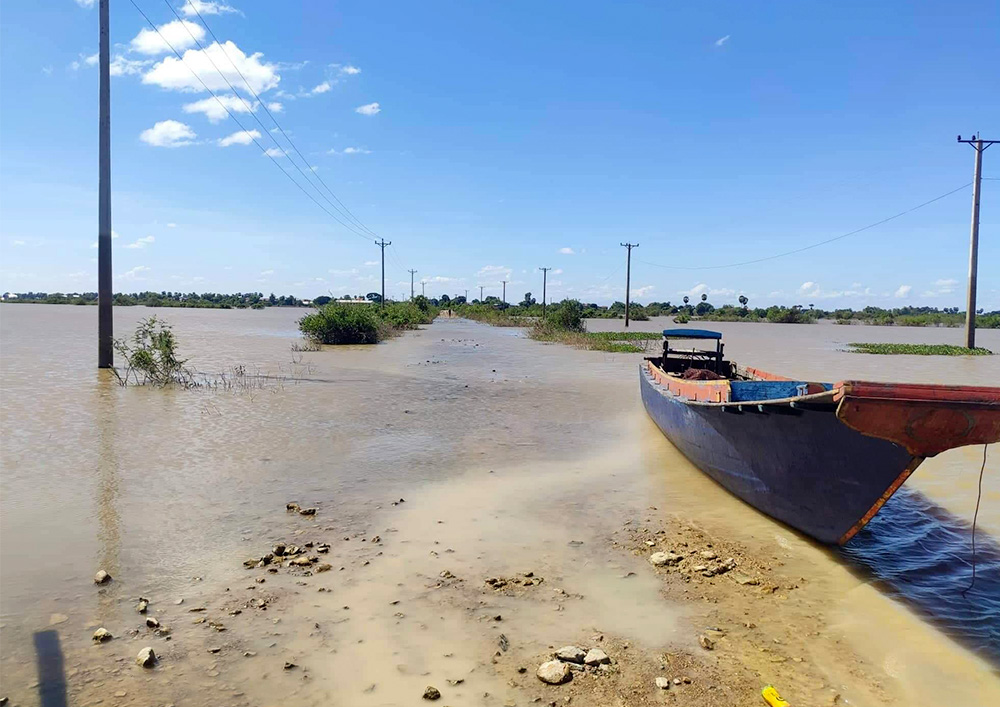
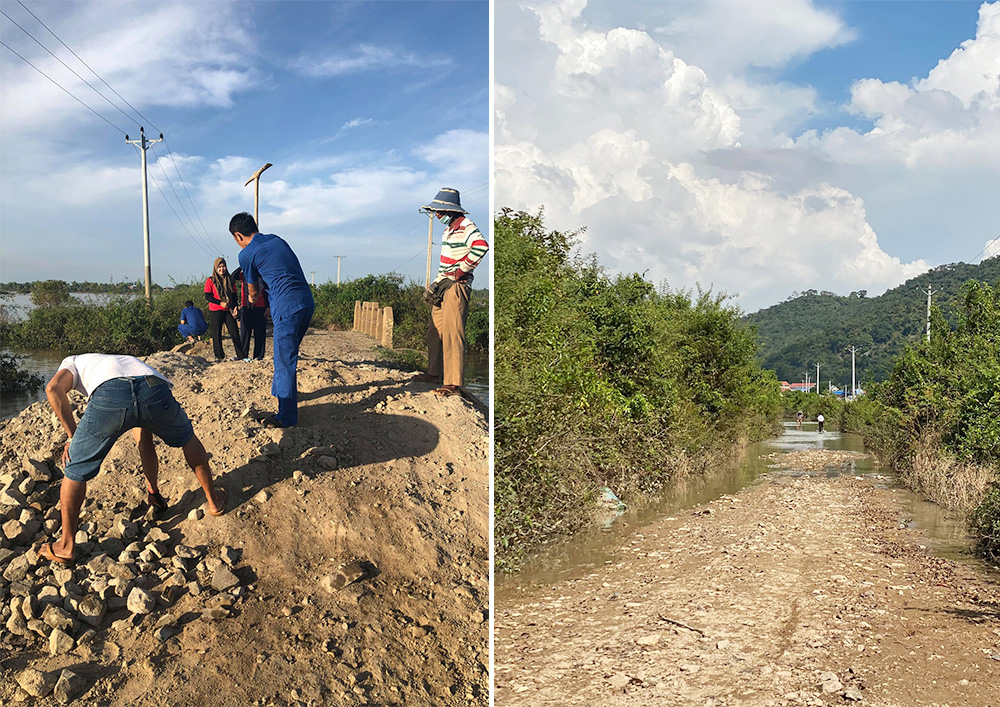
The reason why we do mobile clinics in this area stems from Japan Heart’s core mission to deliver medical care to places that are out of reach. People who really need help might not be easily able to just come and wait at the hospital. I think it is necessary to go to these places and see and feel the need, to meet the medical needs there.
Not just in international cooperation, but I personally think that the results of medical support tend to be evaluated numerically. How many patients were examined? How many had surgery? How many this and that. Certainly, I think that treating a large number of patients is an achievement, but is only “treatment” really necessary?
In the area we visit for mobile clinics, there is a health centre, but no doctors. There are only nurses and midwives, and there is a lack of availability of medicine and testing capability. So, is it possible to at least continue sending medical staff, including doctors to distribute medicine and deliver medical care to these places with medical disparities?
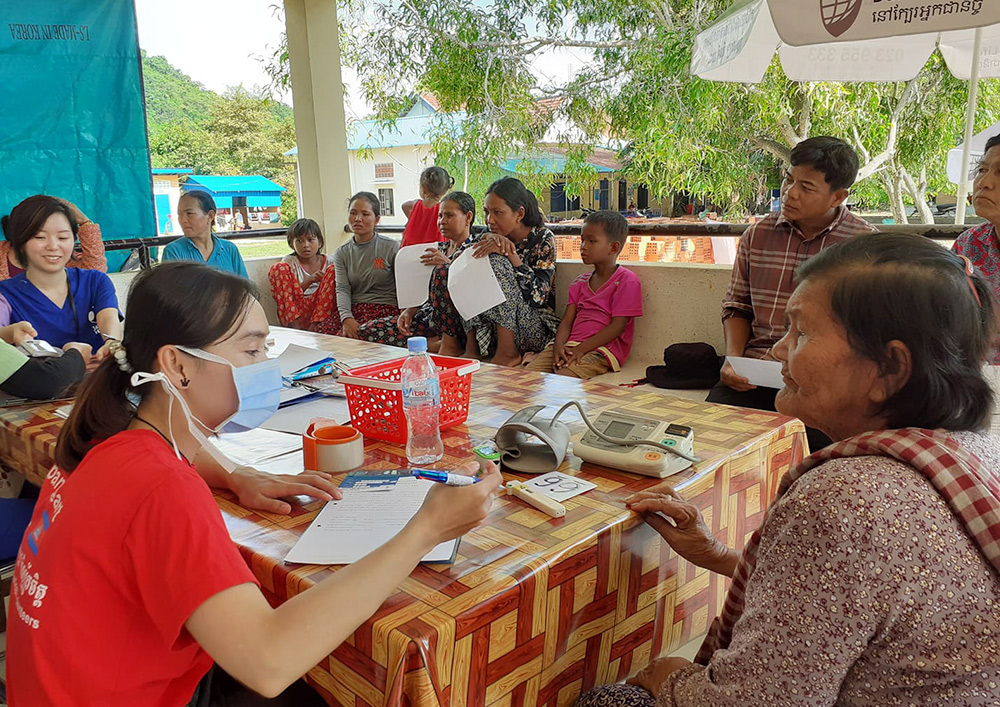
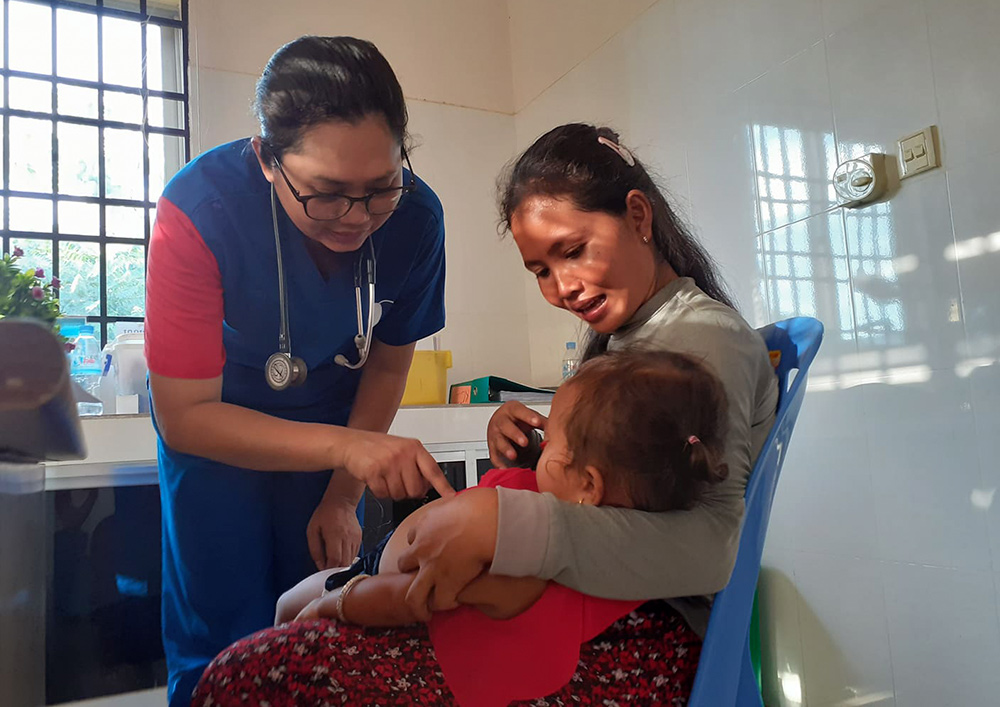
I don’t think so. I think when you are aiming for comprehensive medical care in a place, I think it is necessary to understand the lives of the people who live there, to understand their characteristics, so that you can prevent illnesses in the first place. It’s hard to find the words to say it, but medical care that you can give can be unsustainable and thus end up being one-sided. I think it is necessary to be closer to the community and work together to raise the standard of medical care. While saying this, I feel I’m getting too enthusiastic. I often see that our Cambodian staff has the same enthusiasm. I know that they are really thinking about their patients a lot.
From the mobile activities in November, we have begun to strengthen our collaboration with local health centre staff and the surrounding pharmacies, and have done interview surveys with health centre directors and local residents. We have also given lectures on the prevention of diabetes and hypertension and taught exercises to prevent muscle and joint pain from a lack of fitness. All the staff are doing their best to deliver needed medical care in this area and learning along the way. There are still many challenges and there are many issues encountered because of this situation. You have to think about what you say to other people, and I don’t think that you should be satisfied by just giving health guidance. It may be difficult for people to understand such guidance due to the inequalities that are deeply rooted in Cambodia and the educational disparities that go along with the history of the country. It can be difficult to convey concepts like prevention and self-help.
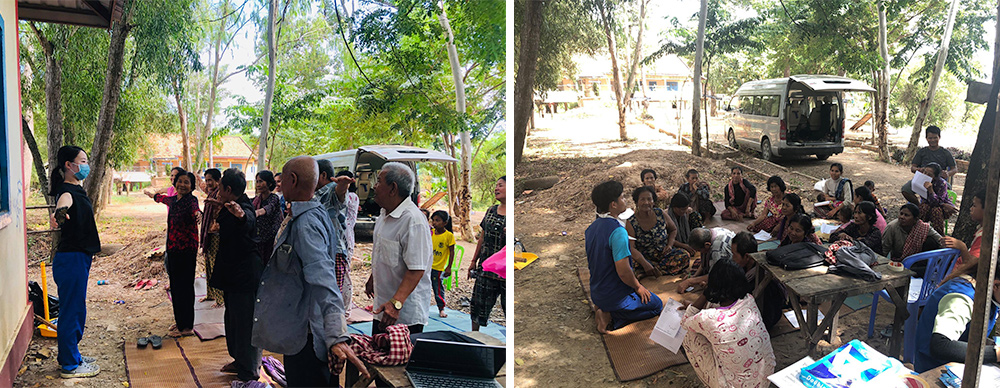
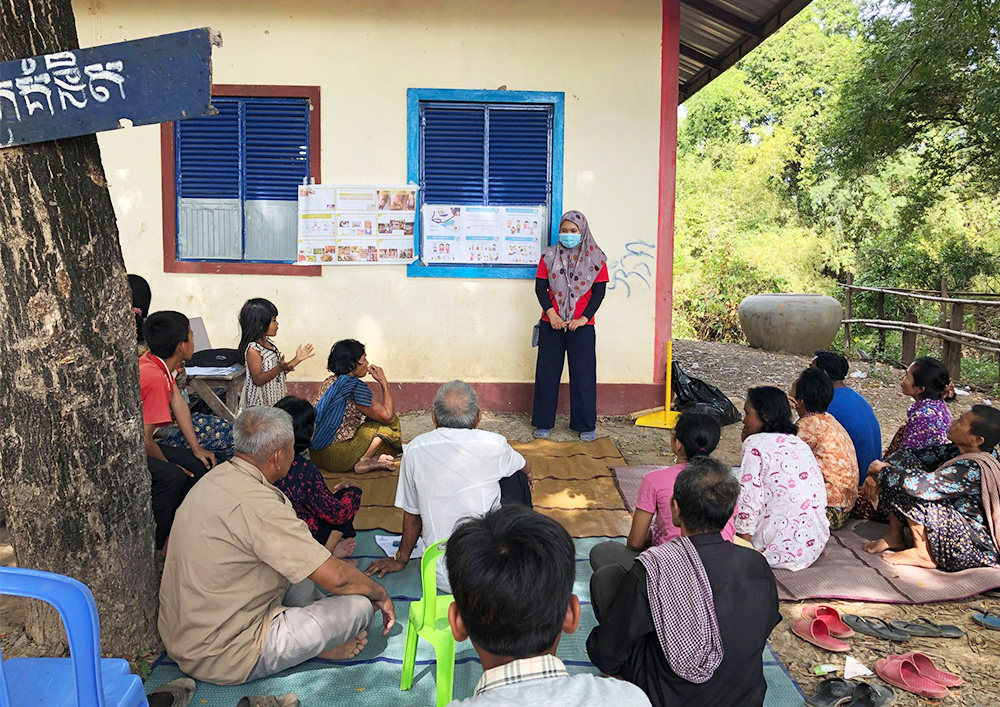
In saying that, I really enjoy working with my colleagues under these difficult situations. There is no choice but to grow, little by little and I am looking forward to next month!
Eriko Matsumi, Nurse

